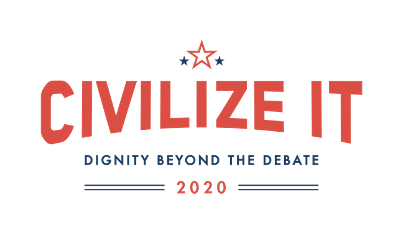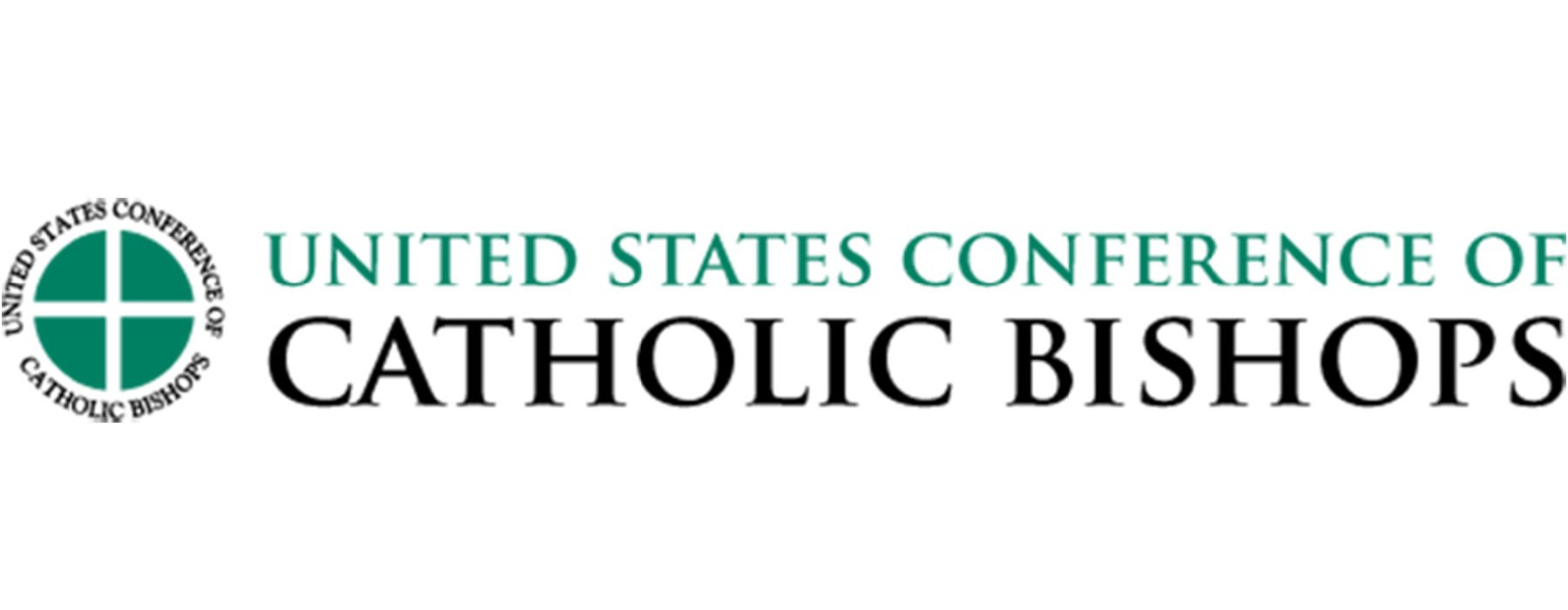December 21, 2021 // Perspective
‘Civilize it’ initiative offers lesson in listening
Responding to editors’ requests for a regular sampling of current commentary from around the Catholic press, here is an editorial titled: “’Civilize it’ initiative offers lesson in listening,” published online Nov. 7 by Central Minnesota Catholic, the magazine of the Diocese of St. Cloud, Minnesota. It was written by Joe Towalski, editor and diocesan communications director.
 In September, the U.S. bishops launched a new initiative to address the bitter polarization that continues to grip our society and make it difficult to have meaningful conversations on important issues facing our communities and nation. Called “Civilize It: A Better Kind of Politics,” the effort is similar to one the bishops began at the start of the 2019-20 election season.
In September, the U.S. bishops launched a new initiative to address the bitter polarization that continues to grip our society and make it difficult to have meaningful conversations on important issues facing our communities and nation. Called “Civilize It: A Better Kind of Politics,” the effort is similar to one the bishops began at the start of the 2019-20 election season.
The current nonpartisan campaign encourages Catholics and others of good will to follow the example of the Good Samaritan, who challenges us to reach out beyond our comfort zones and “become neighbors to all,” as Pope Francis wrote in his encyclical “Fratelli Tutti, on Fraternity and Social Friendship.” The pope also called for “a better kind of politics, one truly at the service of the common good.”
“Civilize It,” with its emphasis on creating a culture of encounter, listening and dialogue, coincides with two other initiatives announced recently by the Holy Father that call for a similar approach. The first involves the lead up to the 2023 world Synod of Bishops, which includes a six-month process of “listening to all of the baptized” in every diocese and sharing what is learned with the rest of the Church.
This listening process kicked off in the Diocese of St. Cloud in October and will run until April. Pope Francis also chose “listen” as the theme for World Communications Day next May.
Why so much emphasis on listening? And what kind of listening is really being called for through these initiatives, especially for the Church? Listening assists leaders and all the people of God to discern what the Church truly needs and where the Holy Spirit is leading us.
Active listening involves more than simply hearing what another person has to say. It is attentive, seeks to understand and is respectful of others’ dignity. It doesn’t require compromising convictions or commitment to the truth. It doesn’t mean we can’t offer constructive criticism or that we’re above receiving it ourselves. But it does require us to treat others as Christ would.
While the “Civilize It” initiative focuses on politics, we also need a good dose of it in the Church. Over the last 20 months, I have witnessed too many conversations, email exchanges and Facebook comments that were unfair, uncharitable and unchristian on topics ranging from the Church’s response to the pandemic, to how it should address the sin of racism and who should (or shouldn’t) be denied Communion.
We would all do well to take the “Civilize It” pledge, share it with others and let it guide our conversations.
We Catholics can, and should, be role models for others in how to listen and dialogue in service to the truth and the common good. The “Civilize It” initiative is a good reminder about how to do this. You can find more information and resources about the campaign at https://www.usccb.org/civilizeit — including a prayer and examination of conscience.
I Pledge
CHARITY
— To affirm through my words and actions the dignity of every person, each made in God’s image. Even those with whom I disagree are made in his image.
— To respectfully listen in order to understand experiences different from my own.
CLARITY
— To engage in critical examination to ensure that my perspectives are rooted in truth, that my sources of information are unbiased, and that I do not open myself to manipulation by partisan interests.
— To form my conscience through prayerful reflection, study of Scripture and Church teaching, and guidance from reputable experts.
— To reflect on my own values and seek, with others, to identify shared values.
— To be open to the process of dialogue that can require change of perspective — my own and others’ — in service to the inviolable dignity of all and the common good.
CREATIVITY
— To be a bridgebuilder who participates in constructive dialogue based in shared values, a mutual exchange of gifts, and the humility to together seek the good.
— To see differences in perspective as opportunities for creative tension which can yield solutions for the common good.
The views or positions presented in this or any guest editorial are those of the individual publication and do not necessarily represent the views of Catholic News Service or of the U.S. Conference of Catholic Bishops.
The best news. Delivered to your inbox.
Subscribe to our mailing list today.






